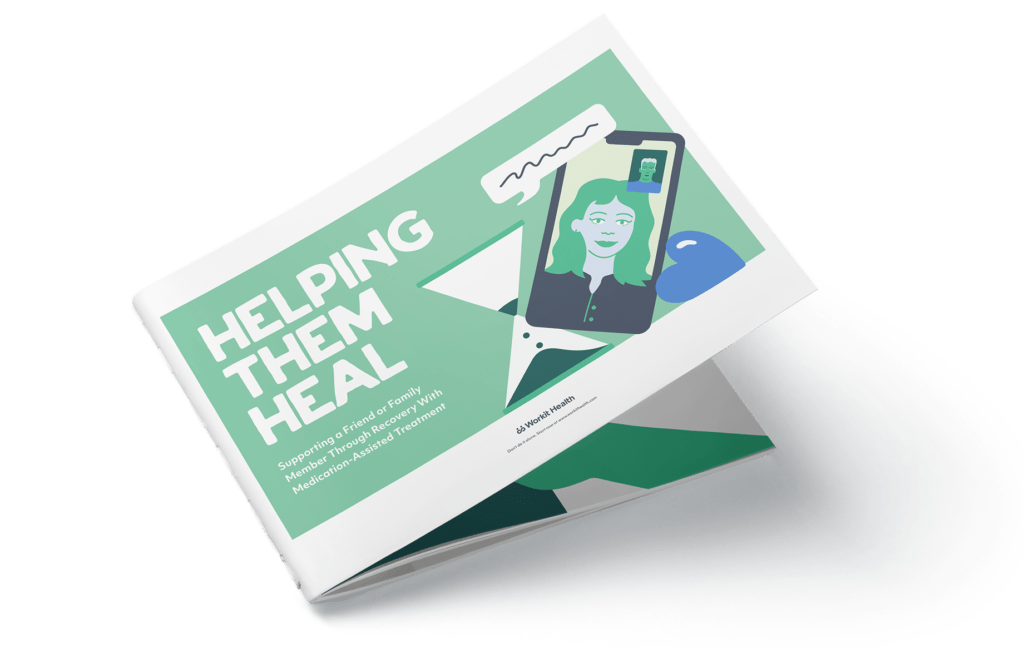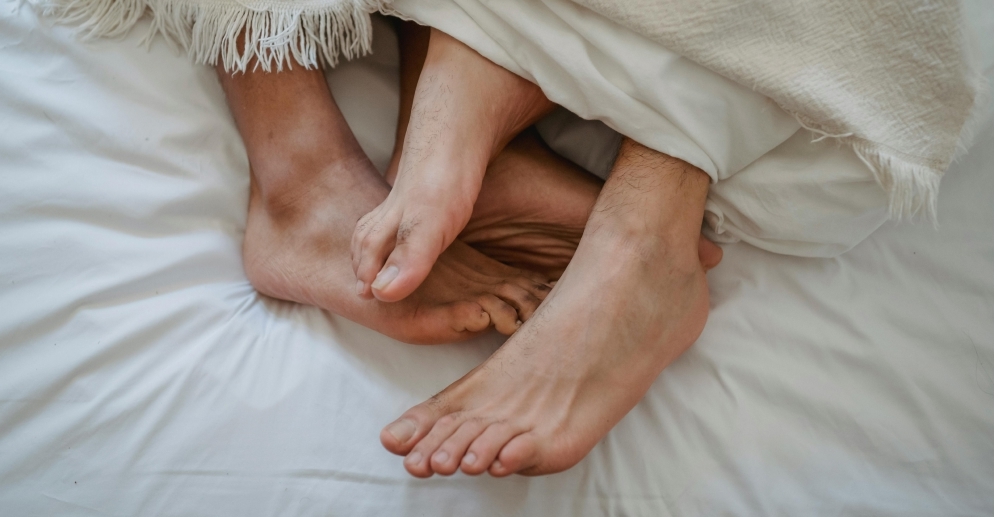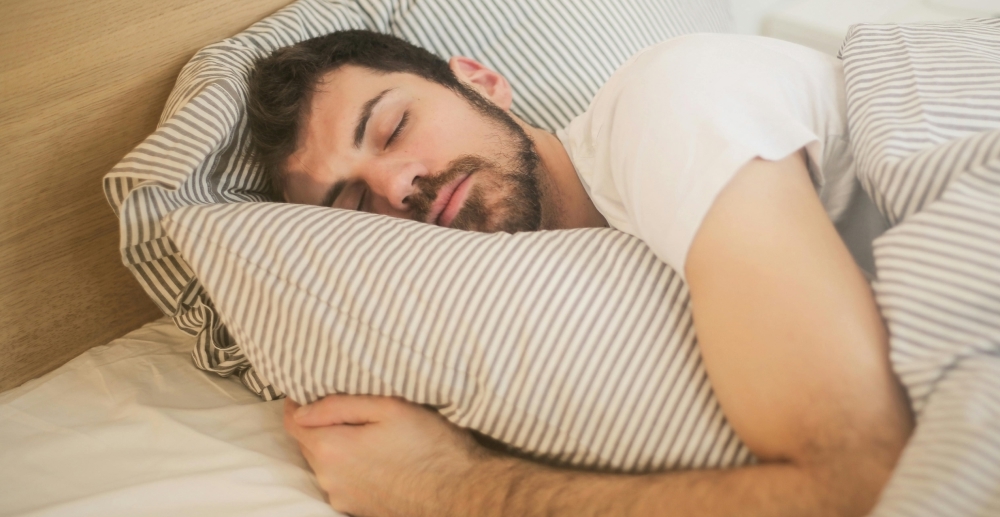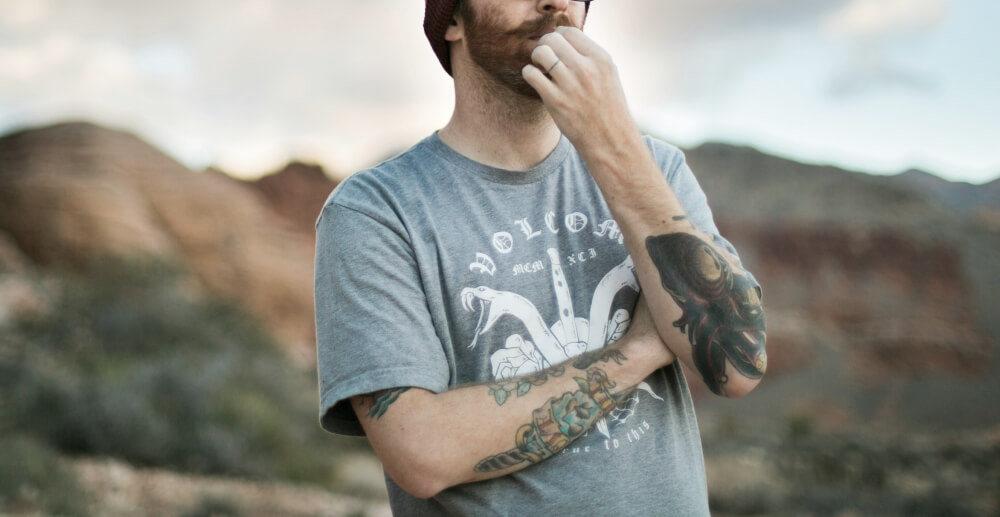At the beginning of April, President Biden took bold steps in issuing executive actions on guns. Few things divide the American public like the word gun. In terms of controversy, the gun debate runs neck and neck with the abortion debate.
America’s relationship with guns is complicated
It’s commonly believed that America was founded with chutzpah and rudimentary firearms. That the West was tamed with guns. That gun culture is etched into the very soul of Americana.
It can’t be denied that America also has a unique problem with gun violence. While other countries have similar levels of mental illness, incidents of high schoolers or elementary school kids facing sprays of bullets are rare if not nonexistent in most other developed nations. When each new mass shooting occurs, the rest of the world is shocked when Americans defend gun rights. As much as Americans have a history of gun culture and a constitutional right to “keep and bear arms,” it cannot be denied that gun culture creates problems. And it’s also clear that the original intent of the 2nd Amendment is now gone. Nobody has a gun because they might have to shoot a tyrant. As with any type of zealotry, a gun fetish is toxic and dangerous.
As it stands, roughly 35k Americans die annually from gunshots. That’s a massive number, especially compared with other industrialized nations. While shootings occasionally happen in places with more stringent gun control, like Australia or France, they’re pretty rare. Gun advocates argue that the 35k number is inflated, because “many of those are suicides.” But at the end of the day, dead is dead.
America will probably never eliminate gun culture. A “gun-free America” sounds as laughable to me as “a drug-free America.” The question isn’t one of solving our relationship with guns; it’s one of improving it. Can we reduce that huge death toll? Of course we can. And I think the first step is addressing the way we use guns to fight the war on drugs.
The “War on Drugs” is one fought with guns
It’s been decades since Nixon launched the “war on drugs.” As a matter of constitutional scholarship, the president doesn’t have the power to declare war. Congress does. So if we are at war, it’s technically an illegal war. Maybe, you argue, this was a hyperbolic branding of the effort with which we will fight drugs. But I don’t think so. Not really. It is a war, complete with casualties, prisoners, a body count, a fiscal and a human cost, and guns. Lots and lots of guns.
To be clear, it’s never actually been a war on drugs. It’s been a war on people who use drugs—specifically on black and brown people who use drugs. White people have always enjoyed defacto decriminalized drug use. But even without addressing that inequality, the war on drugs has been an abject failure by any metric. The gun culture and gun problem didn’t start when Nixon decided to disrupt the communities he hated with his “war,” but they did intensify. Drug use and the possible consequences of it are damaging enough. Does adding militaristic policing really help? I would argue that not only does it not help, it hurts. It’s a massive and violent red herring.
If we’re at war, we’re at war with our own families, friends, neighbors, the mail carrier, etc. Drug use permeates the culture. It’s here, it’s among us. What we do about it matters.
Ending the “War on Drugs” would reduce gun violence
The first time I saw someone buy cannabis in California, I was in shock. Someone came to the buyer’s house and showed them what they had. Product was selected and paid for, and that was the end. No guns. No violence. It was as exciting as pizza delivery. So clearly, the drugs themselves are not inherently connected to violence.
On the other hand, Chicago has a massive gun problem. What conflict is fueling it? Turf for drug sales. The great irony is the history of violence over intoxicants in Chicago. This violence erupted a century ago over the Volstead Act—or as it was commonly known, Prohibition. What quelled the gun violence in Chicago in that era? The end of Prohibition. When alcohol sales and distribution were once again legal, the gun violence stopped.
I believe that if we had a safe system of distribution for drugs, the violence surrounding the drug trade would also stop. If drug sales are regulated and safe, the cartels would have no turf to defend. If purchasing and using drugs were legal, the police would have no call to open fire on drug-using citizens.
Some say gun violence is a public health crisis, but drug use definitely is
Some of the classic liberal rhetoric says “gun violence is an epidemic, a public health crisis.” Maybe. But if there is one thing I have learned in mental health care, it’s that when one person gets better, the systems around the individual also get better. This would be true on a macro level as well. If drug use were treated as a public health crisis and not a crime to be met by militaristic interventions, it would improve many of the systems around drug sales and distribution. If acquiring drugs were as exciting as ordering a pizza, far fewer people would be shot. We would see a decline—a sharp decline—in shootings.
Even just a 10% reduction in gun-related deaths would be 3500 lives saved every year. Imagine that. Imagine if we weren’t at war.





